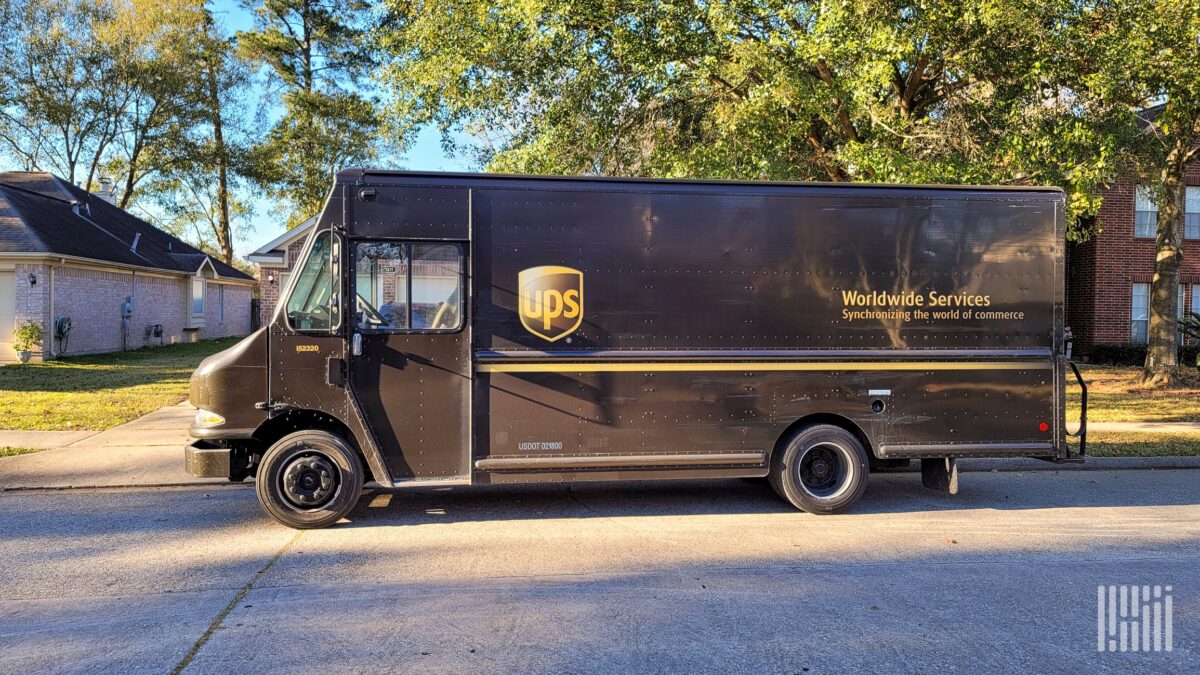About 40% of parcel shippers responding to an annual price benchmarking survey by consultancy Shipware LLC said that their parcel discount programs were better than average. However, three-quarters of shippers felt their agreements could be improved and less than 7% said they had best-in-class pricing, according to the report.
The finding came from an annual shipper survey conducted last fall at the annual Parcel Forum. Dozens of shippers responded in real time to survey questions. The respondents collectively commanded about $3.5 billion in annual parcel spend. Retail/e-commerce was the most common sector of surveyed participants.
The report was dated May 1 and appeared online on the site of Parcel Industry magazine.
“We advocate that shippers should create an expectation with [their] carrier reps of on-going cost reduction,” the report said. There is a strong correlation between frequency of contract negotiation and deeper discounts that can be negotiated, it found. More than half of the respondents hadn’t managed a full-scale pricing negotiation in more than a year. More than 43% hadn’t done it in two years or longer.
Asked what was the best way to get higher discounts from carriers, about 25% said they have recognized the importance of benchmarking, the report said. Others said that developing a personal relationship with carriers’ representatives and playing off the carriers against each other were also effective tools.
“Why is benchmarking parcel pricing data so critical?” said Rob Martinez, Shipware’s founder and author of the report. “Well, the most common challenge we hear from volume parcel shippers is that they do not know how good — or bad — are the incentives, terms and conditions of their carrier agreements.
“While no shipper would ever negotiate a contract and knowingly leave money on the table, the reality is that some shippers have clearly done a better job than others when it comes to negotiating the most favorable rates and terms.”
According to the report, about 85% of respondents consider FedEx Corp. (NYSE: FDX) and UPS Inc. (NYSE: UPS) to be their primary carriers. And loyalty has become thick since the pandemic. In the past two years, less than 10% of shippers changed their primary carriers.
Moreover, it appears that the tight bonds will remain, with 68.2% of shippers stating they’d “likely, very likely or definitely” stick with their primary carrier. Only 18% said they would consider it likely for them to leave.
Interestingly, one-third of the largest shippers said it would be unlikely they’d be using the same primary carrier in the next two years. That is a nod to the growth of alternative products and services, according to the report.
Those decisions will not be influenced should Amazon.com Inc. enter the fray as a common carrier. About 56.8% of respondents said they would not be motivated to change, and only 27% indicated Amazon’s entry would influence their decision to change primary carriers two years from now.
Asked what is the most frustrating aspect of negotiating with the big carriers, nearly 30% said it’s the inability to achieve meaningful discounts despite their best negotiation efforts. About 6% complained about not being taken seriously by their carrier reps.
Aside from wanting to improve discounts, shippers appear plagued by carrier-imposed surcharges. The largest number would like to see some relief on fuel surcharges, followed by peak-season surcharges.
The survey grouped the respondents into three spending categories: under $10 million in annual net charges, $10 million to $50 million, and more than $50 million. Half of the survey participants shipped annual volumes of more than 15 million parcels.
Nearly half of the medium-spend group felt less confident about their pricing than the other two groups, according to the survey. Surprisingly, nearly a quarter of small shippers expressed very strong confidence in their pricing.











